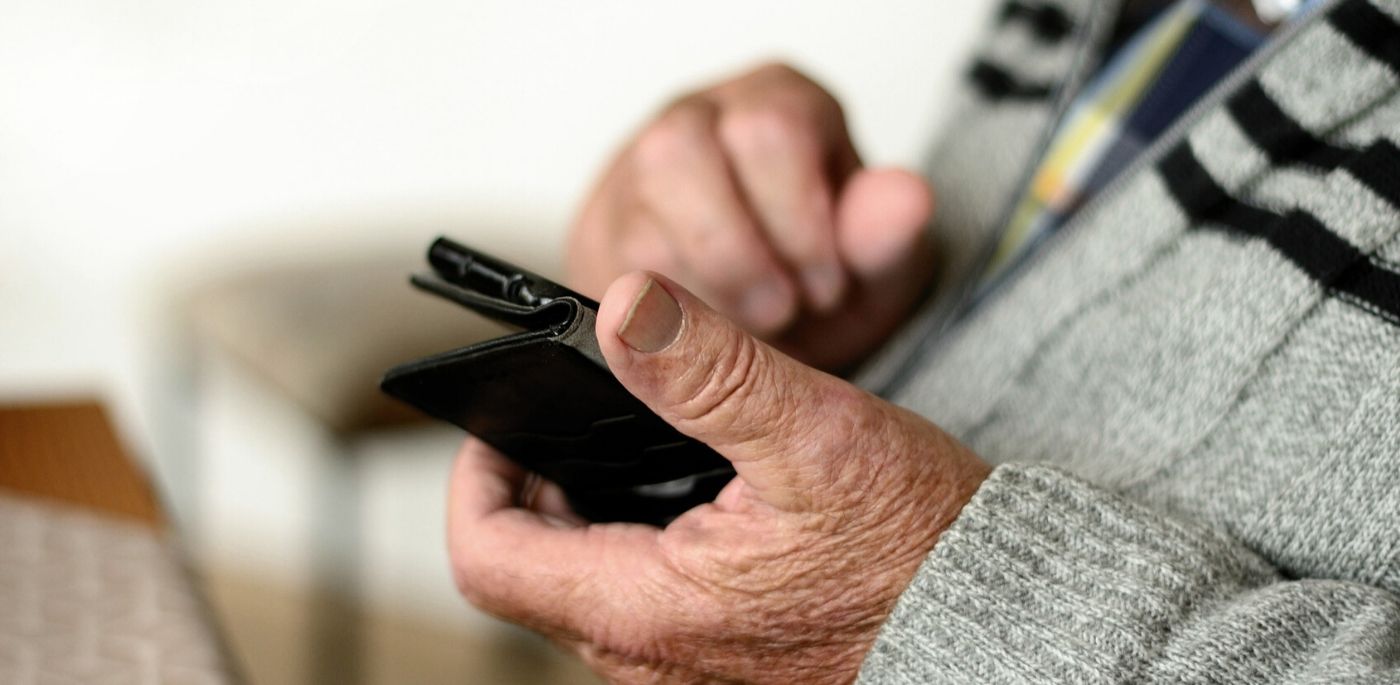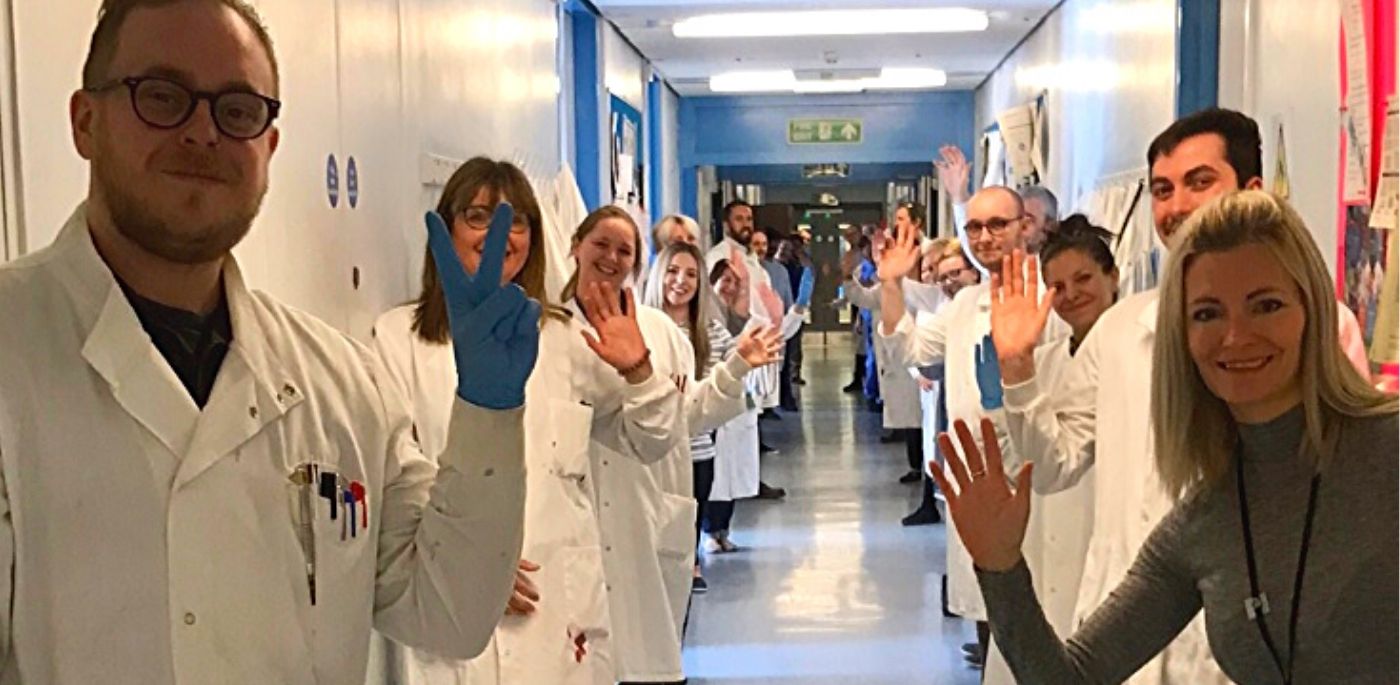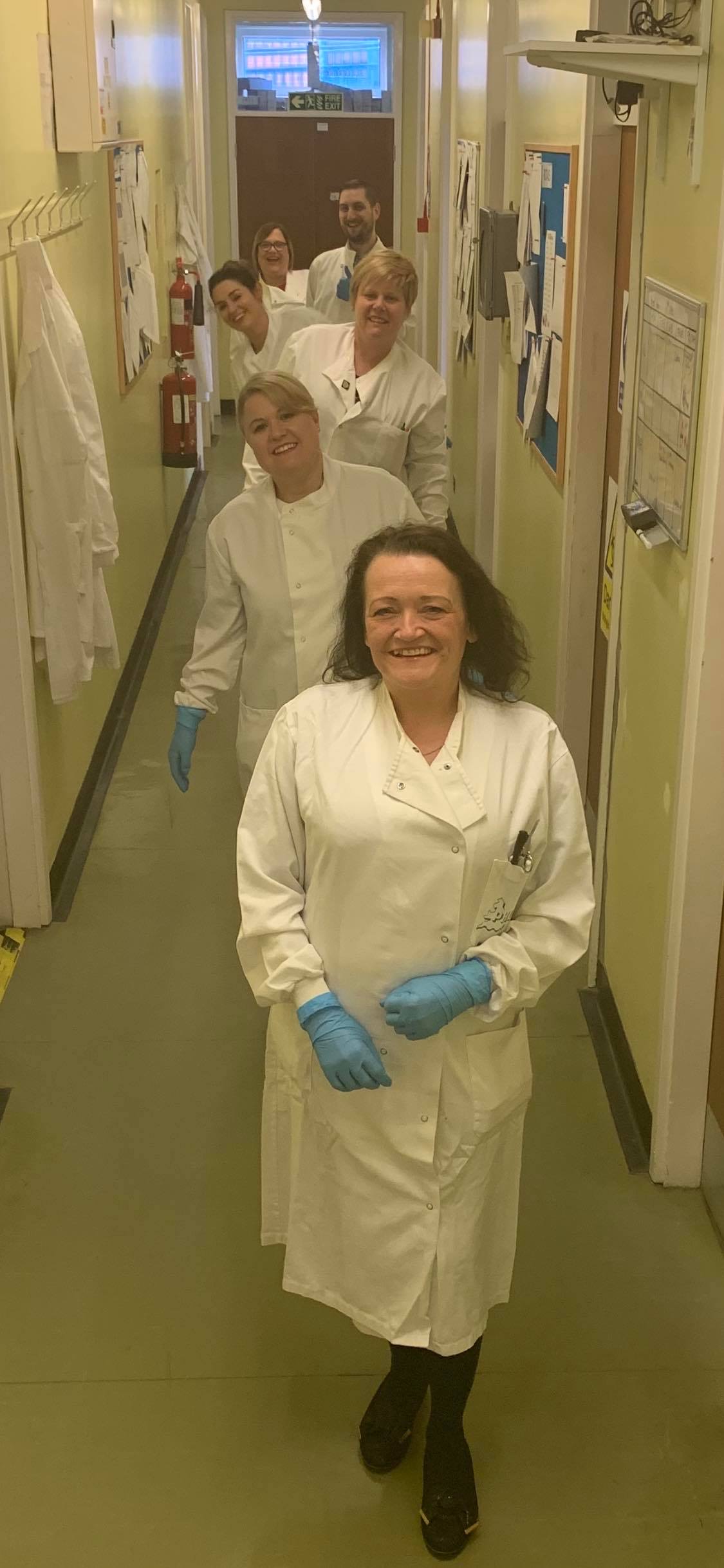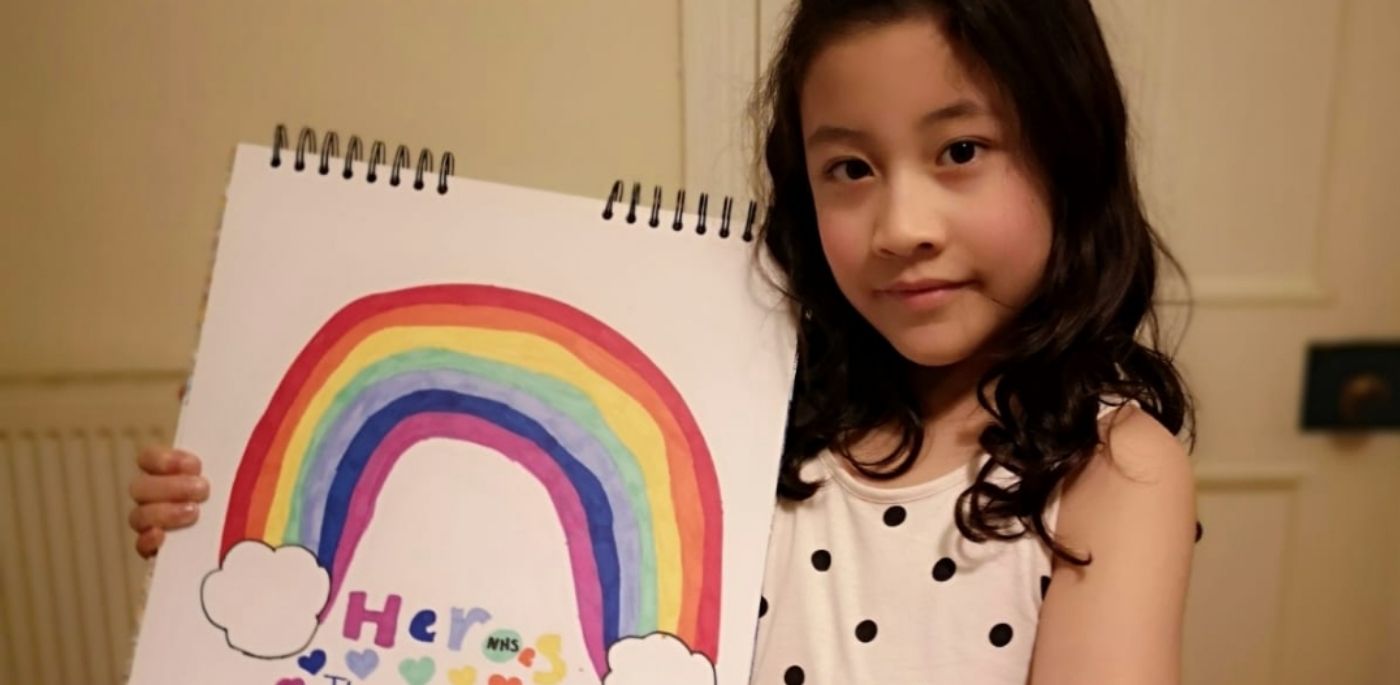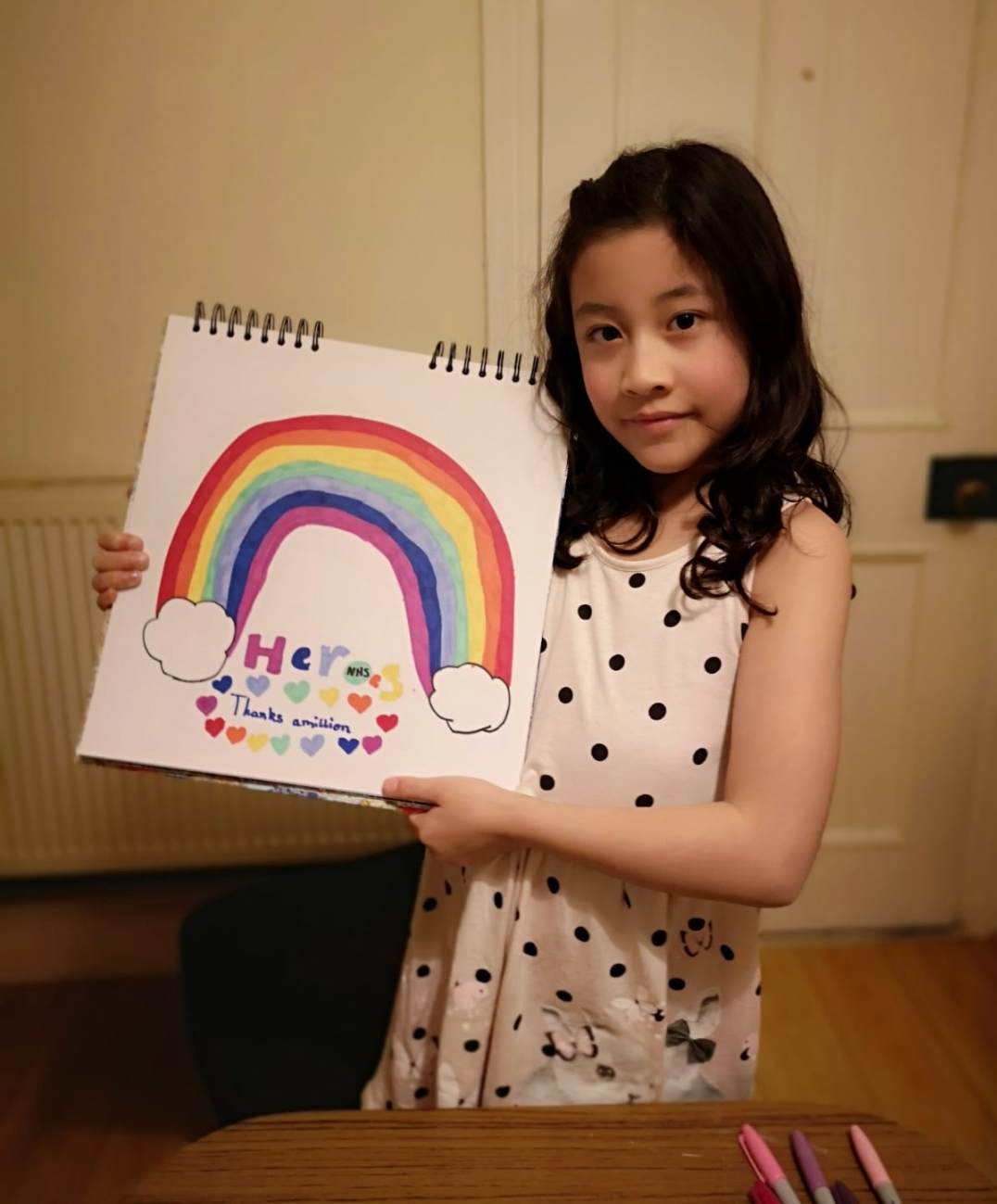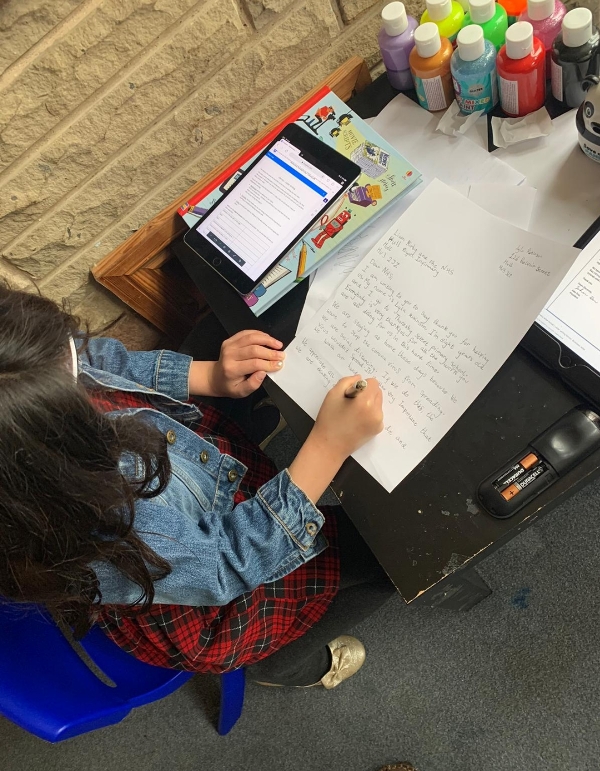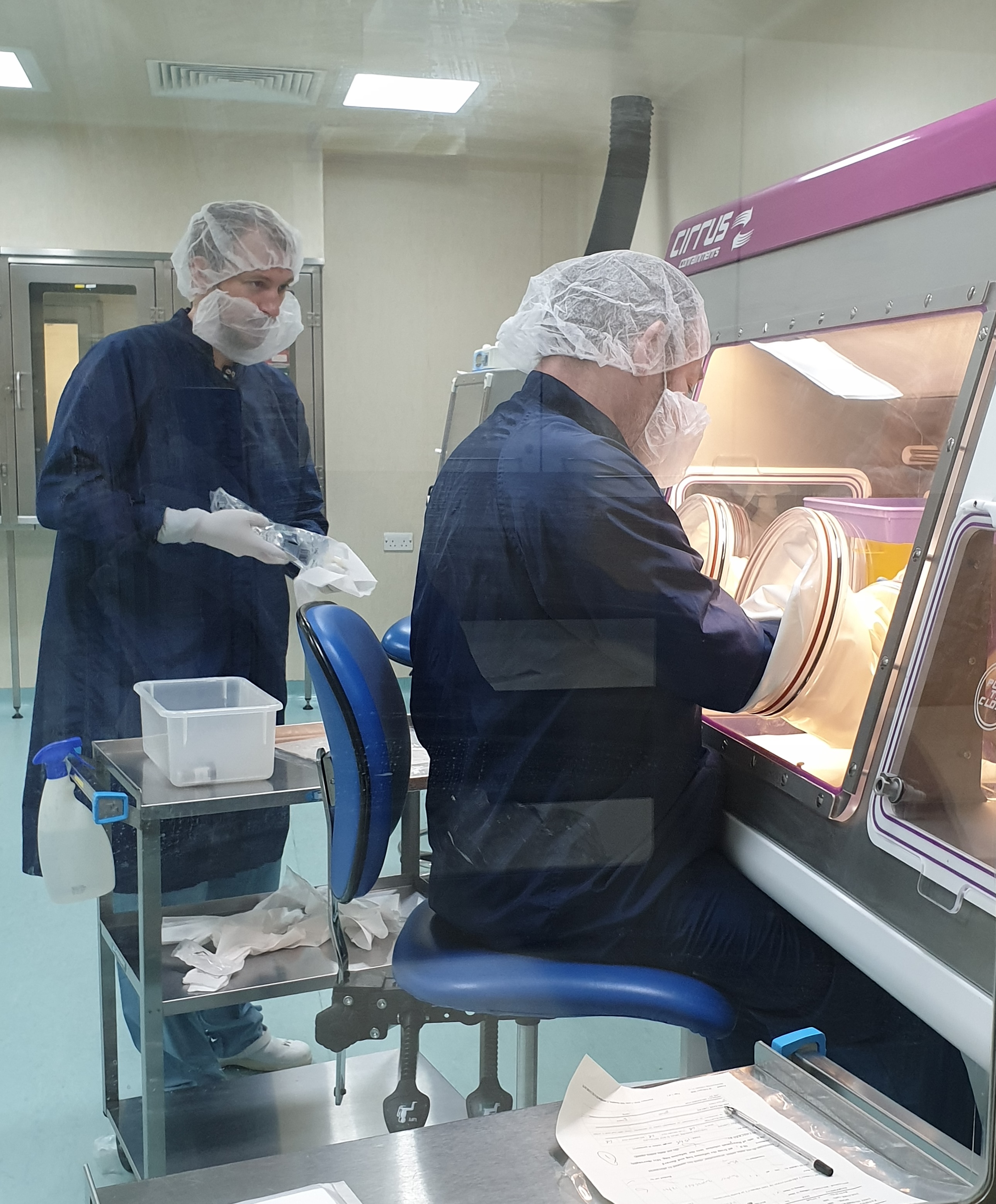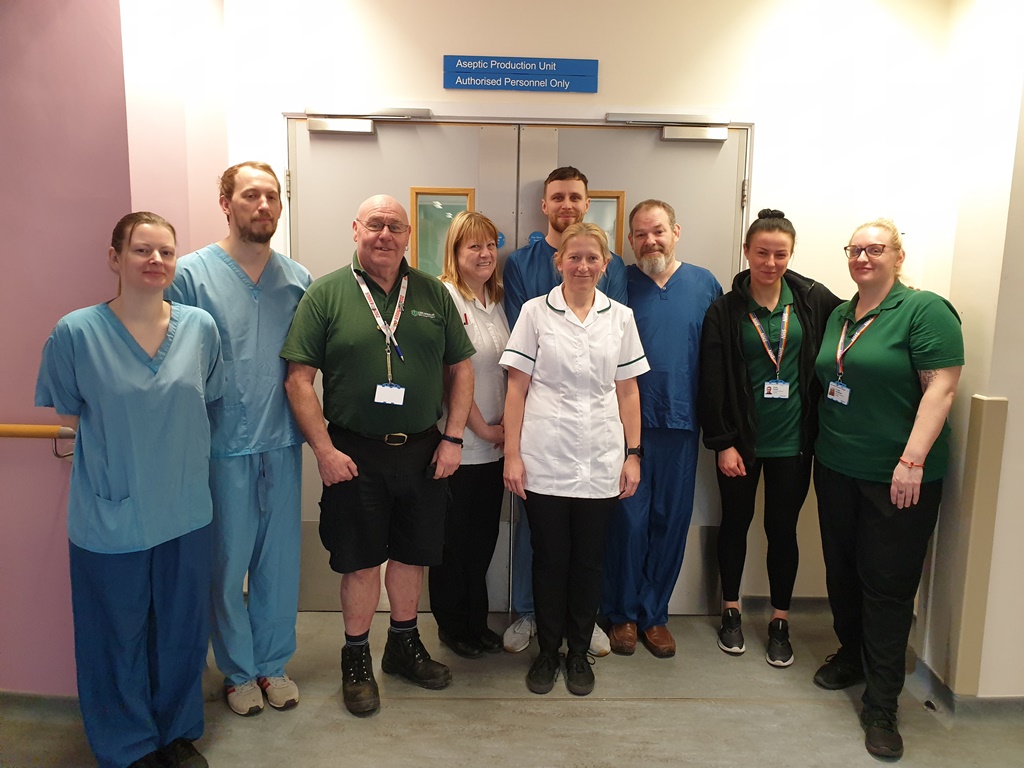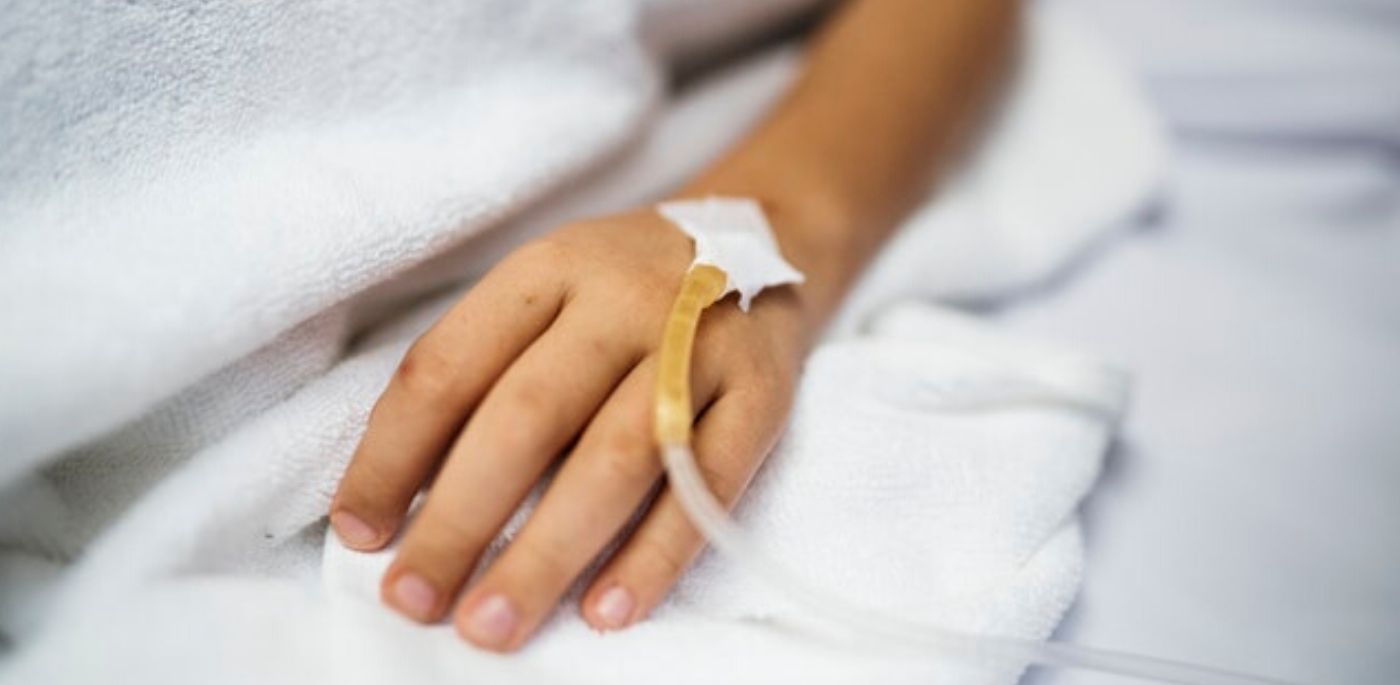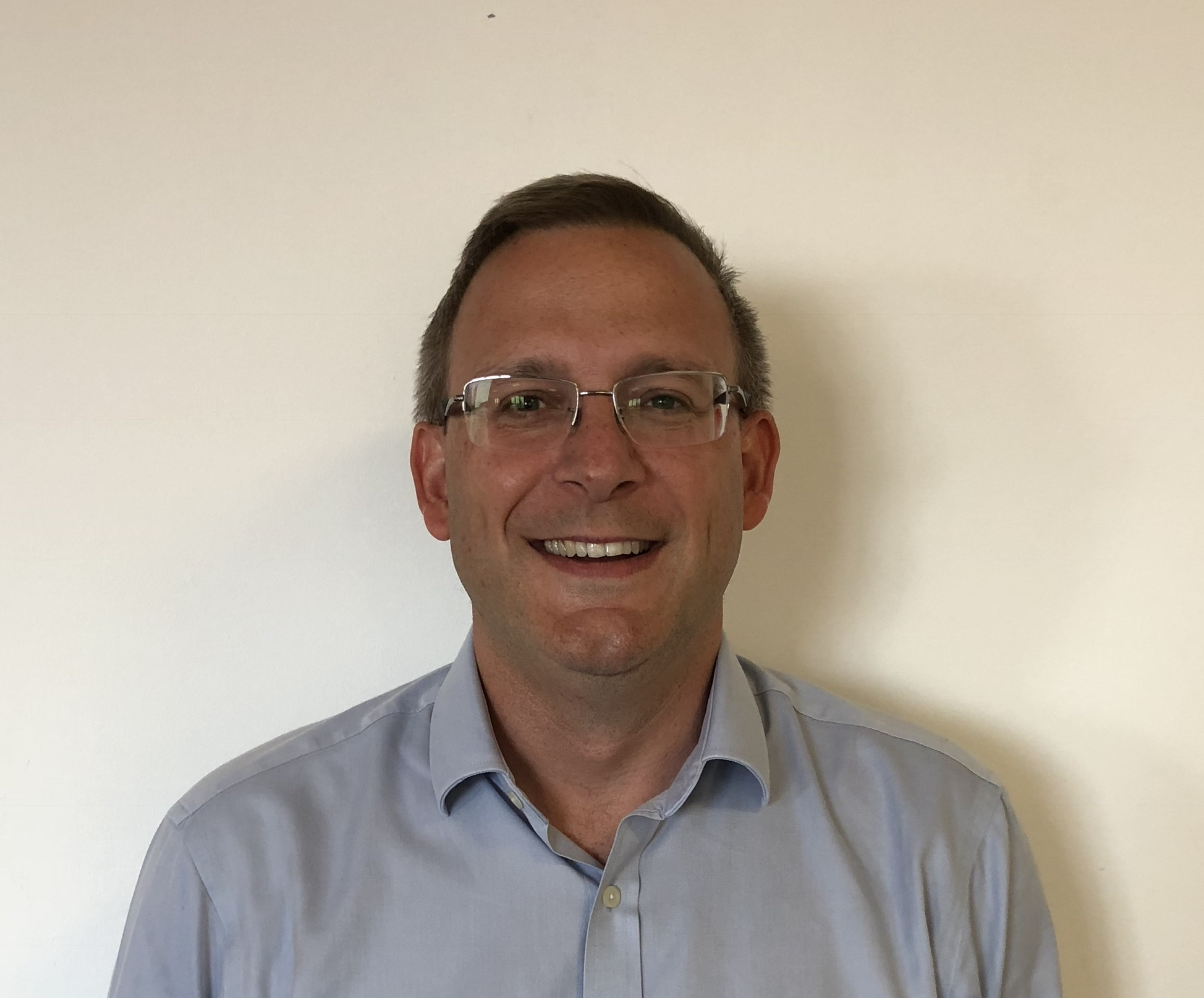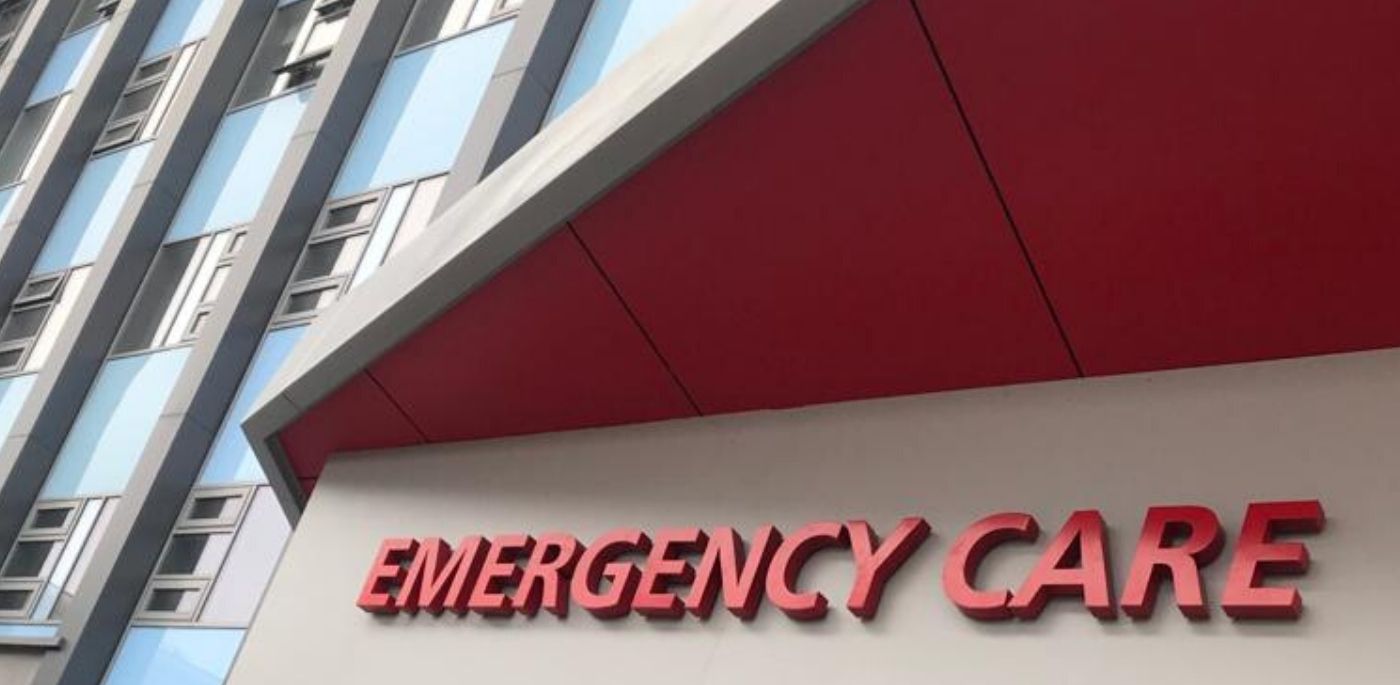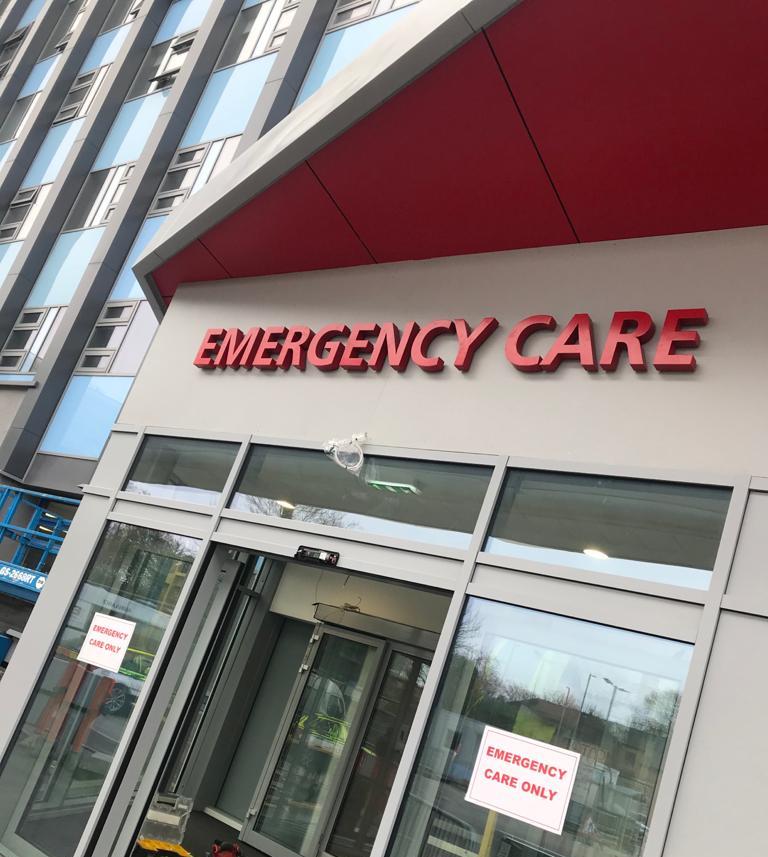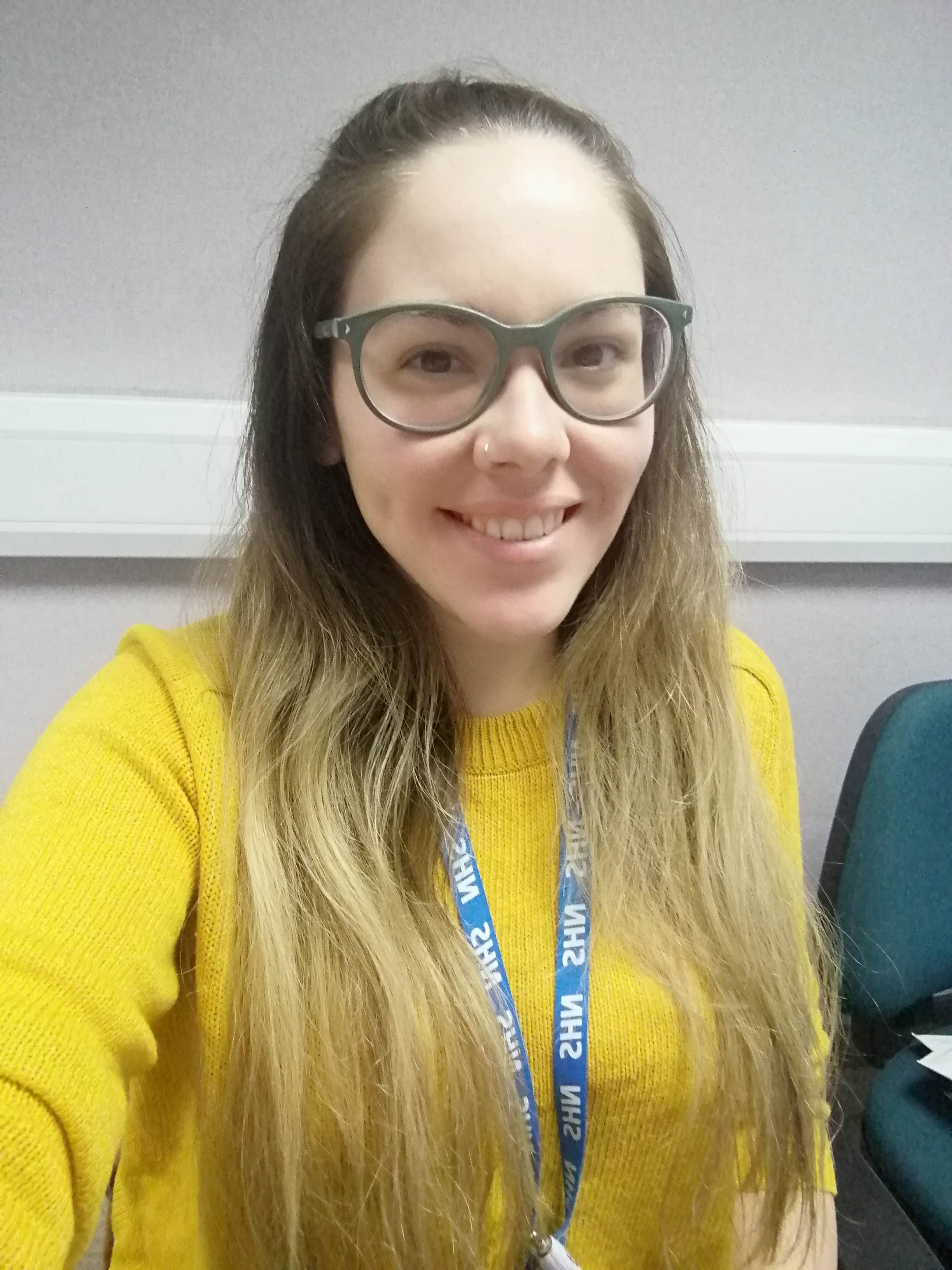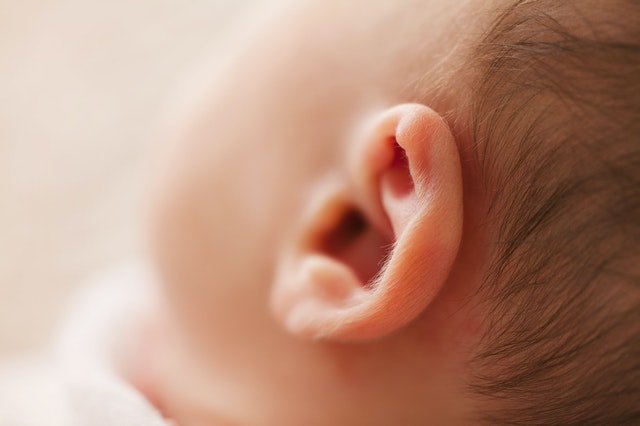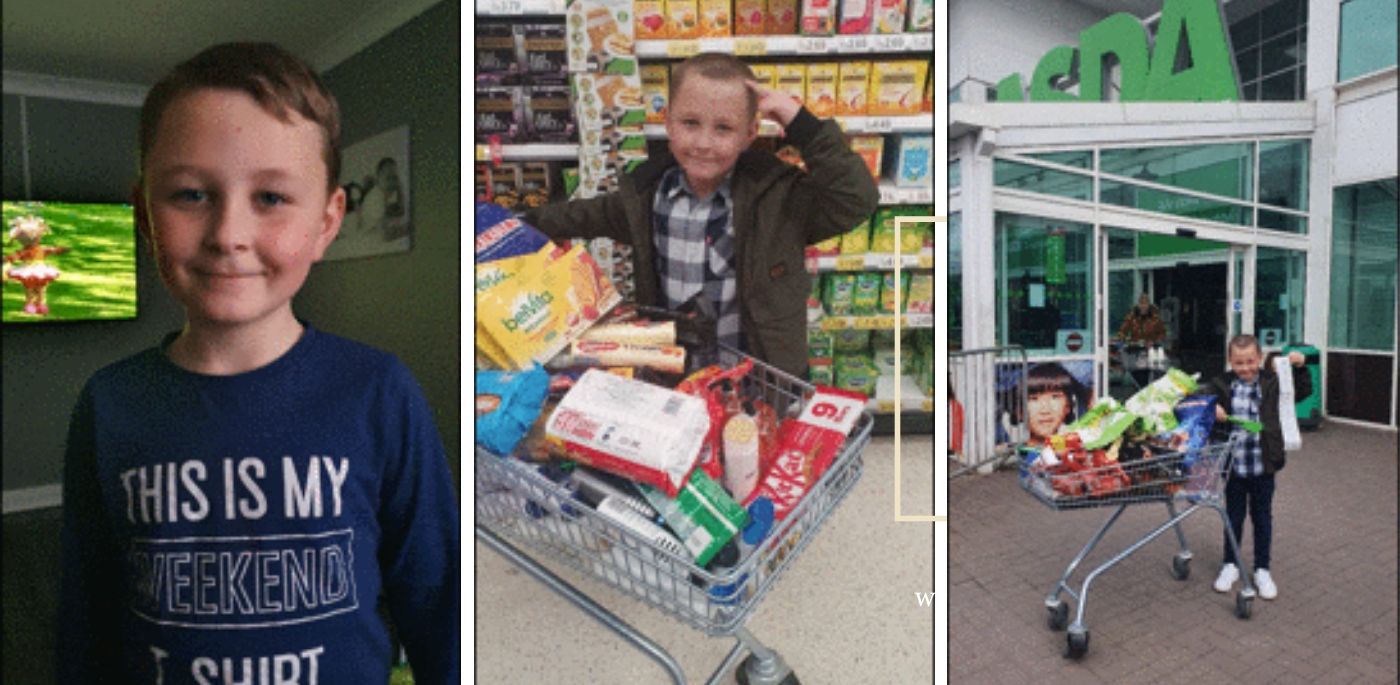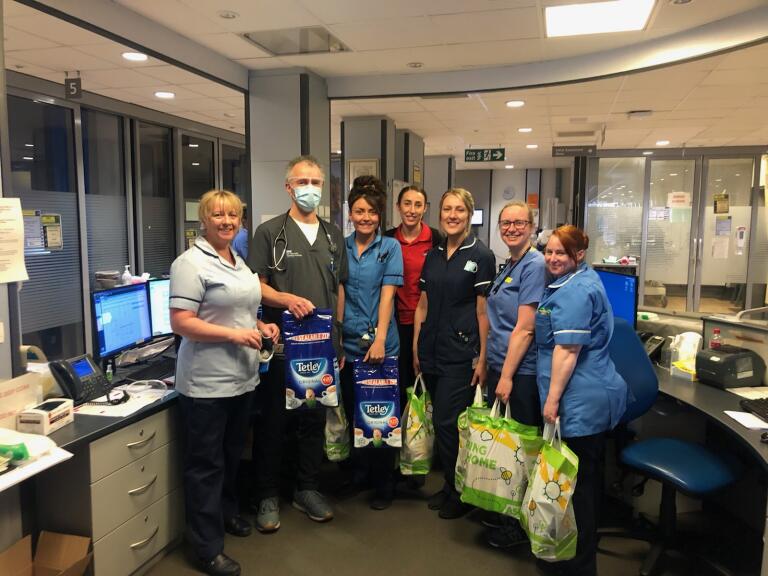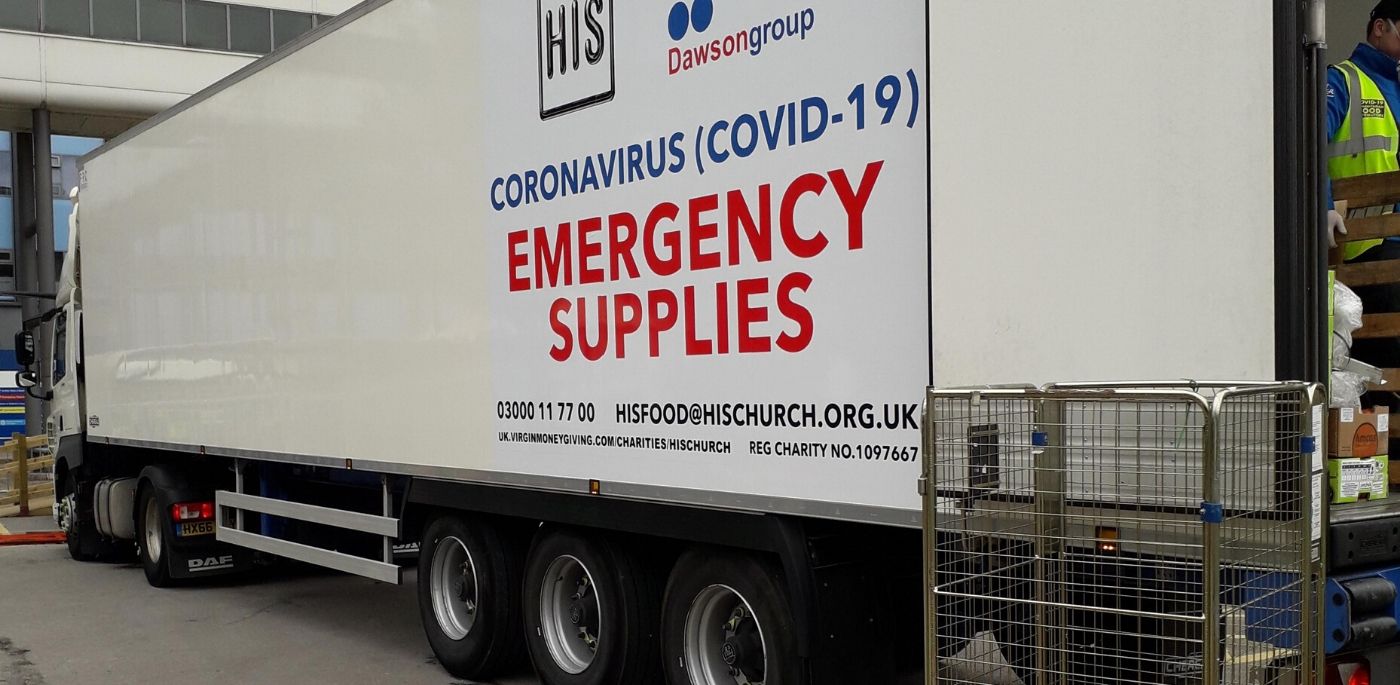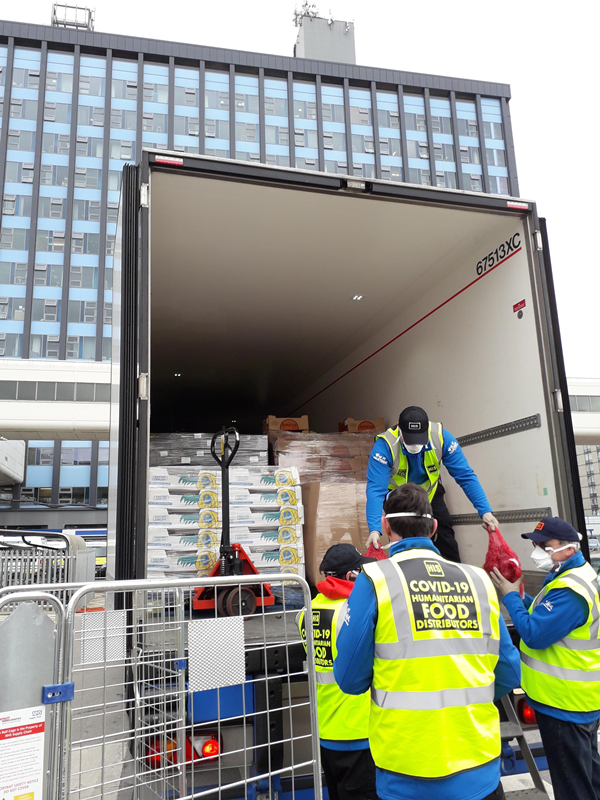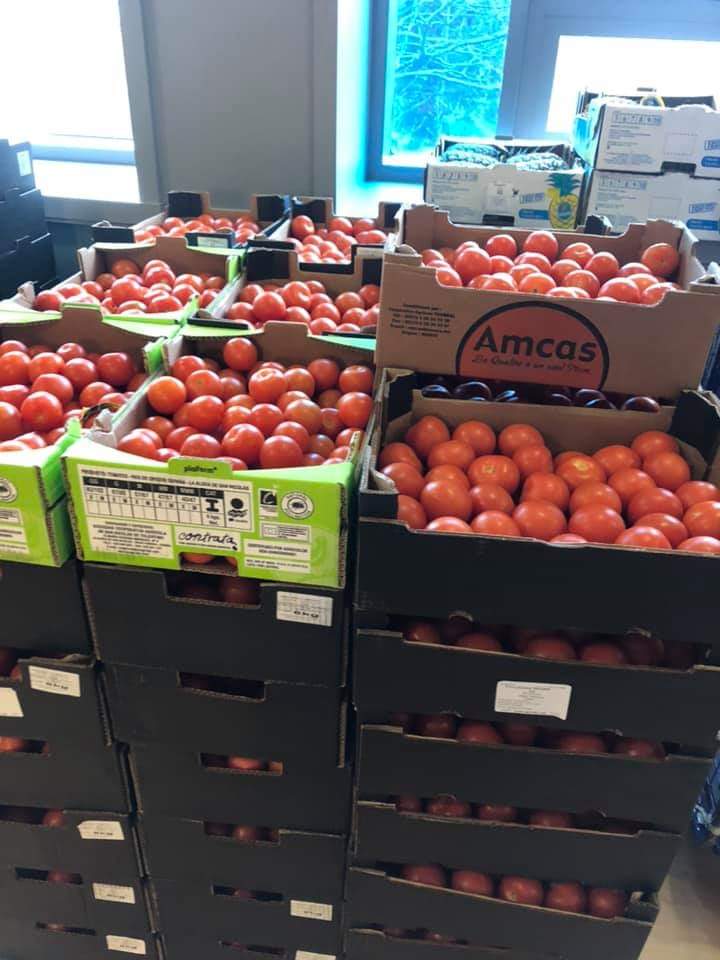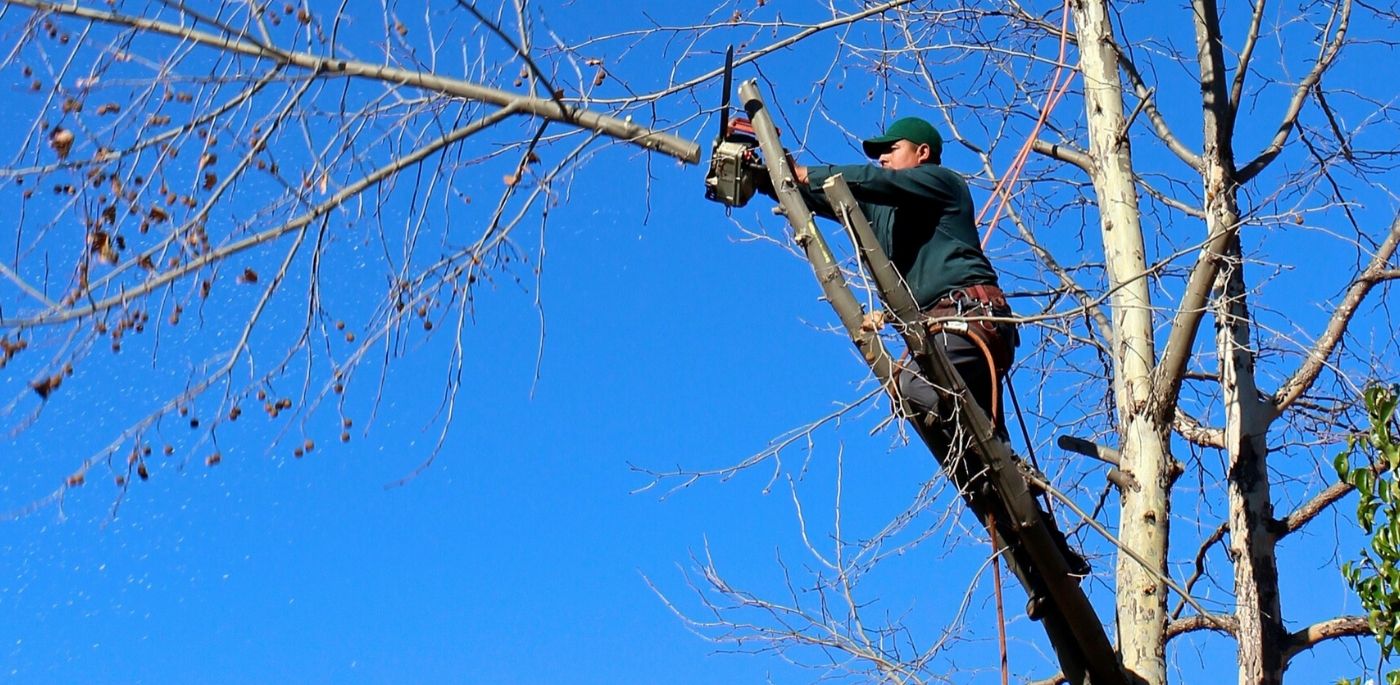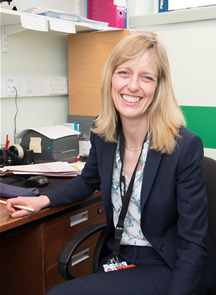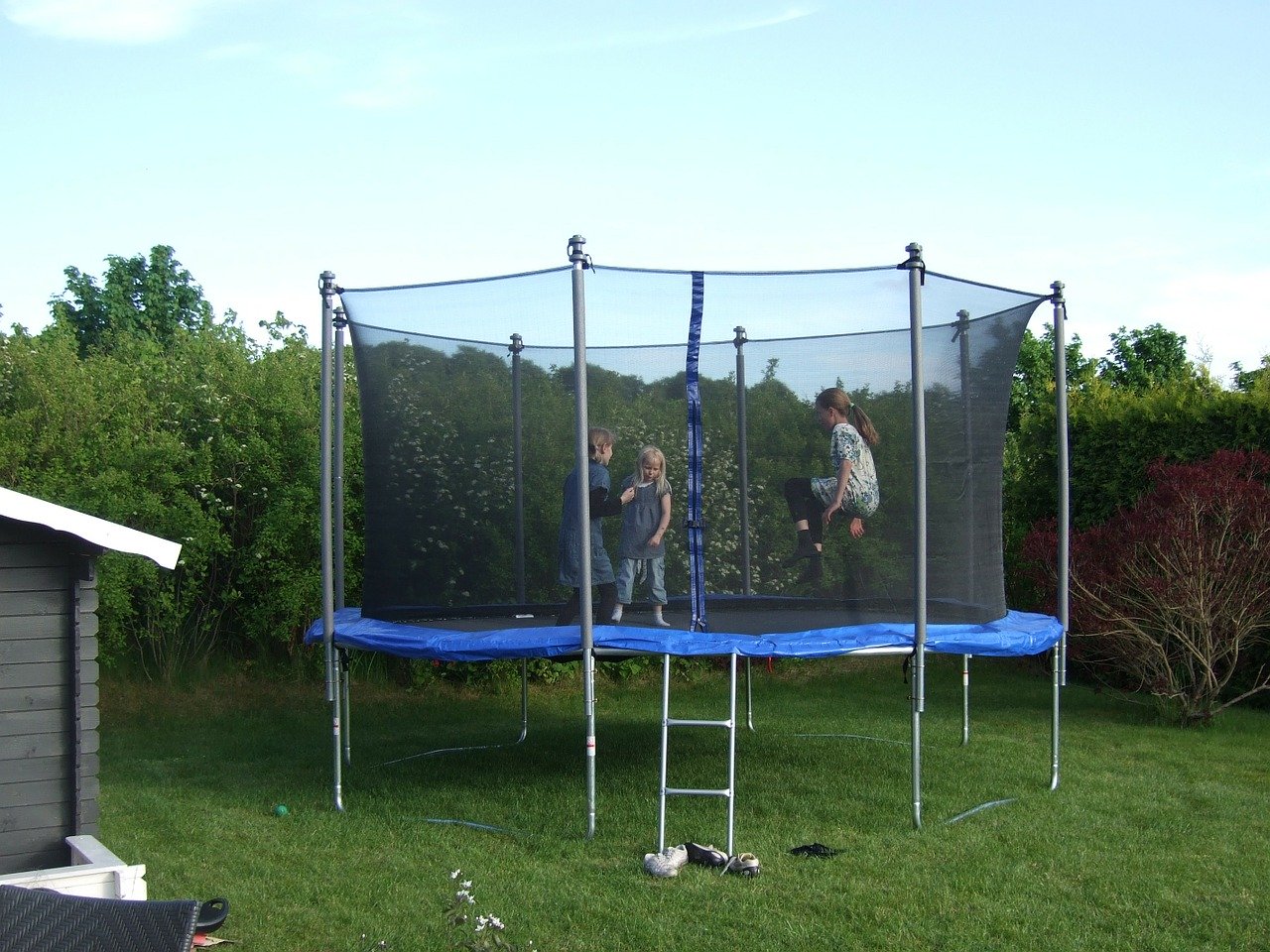A hospital doctor in Hull is asking people to look out for older friends and relatives as they spend more time indoors.
As older people continue to self isolate to protect themselves from coronavirus, Dr Yoghini Nagandran, Consultant Physician in Elderly Care and Dementia Lead for Hull University Teaching Hospitals NHS Trust, says loved ones can still show they care from afar in a number of ways:
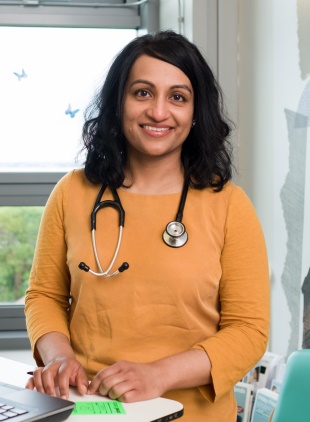
Dr Yoghini Nagandran (Photo: Marketing Humber)
“This is understandably a difficult time for all of us. Social isolation breaks up our routine, limits our physical freedoms, and means the social contact that people regularly enjoy – meeting friends, seeing family and so on – is severely restricted.
“For older people, and particularly for those who live alone or who are not particularly tech savvy, this can be incredibly isolating. And as the relative or loved one of an older person, it’s easy to worry or to feel bad about not being able to see or support someone who may be quite vulnerable.
“There are, however, plenty of things we can do to look out for older friends and relatives, even if we can’t physically spend time with them.”
Dr Nagandran continues:
“Regardless of age, it’s easy to underestimate the impact that social isolation can have from a mental and emotional point of view. People with dementia in particular can find the current situation confusing and frightening, so a daily phone call or message to say hello and ask how someone is doing shows that you care, and is a great boost for a person’s wellbeing.
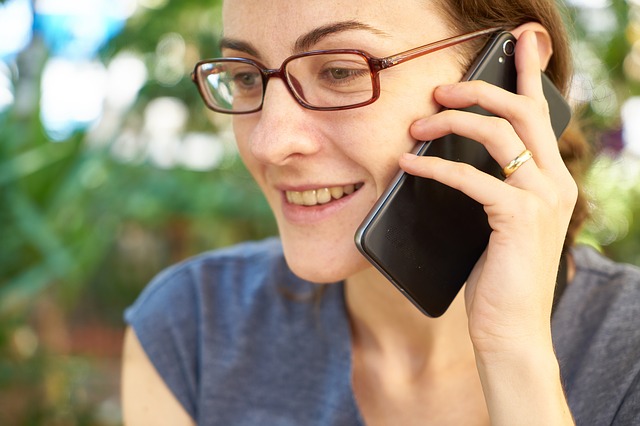
A quick phone call can make a world of difference
“For older people who use technology more, social networking is a great way of connecting with the outside world, and options such as Facetime, Skype, and Whatsapp video calling are good for being able to see people as well as hear them, which can be particularly reassuring if you haven’t seen someone for a number of weeks now.
From a clinical perspective, social isolation and the restriction of normal daily activities do present a risk of physical deconditioning for older people in particular. It can almost be as simple as ‘use it or lose it’. Many older people enjoy playing with the grandchildren or spending time at the allotment, for example, but if they are no longer able to do these things, there is a real risk of their physical mobility and flexibility deteriorating, and in later life this can be very difficult to get back.
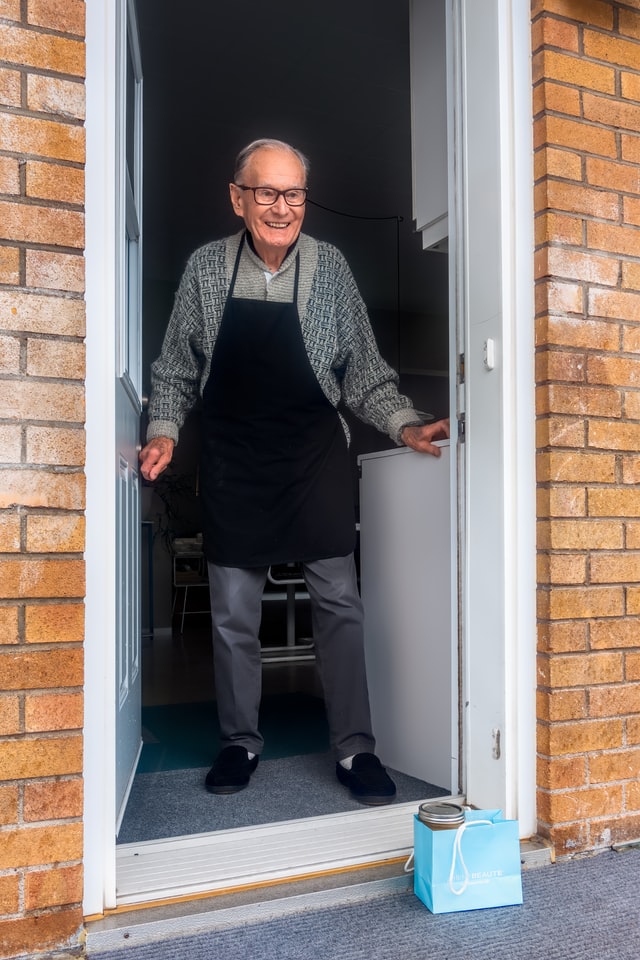
Food parcels can be a lifeline for older people
“In this case, it’s important to find ways of staying active while also staying safe. Exercise can help boost a person’s mood and general wellbeing, as well as keeping their muscles strong. Friends and family members could make suggestions based on their loved one’s interests, such as a bit of light gardening, gentle stretching or even baking; just something to keep people moving and maintain their dexterity and their cognitive skills.
“Friends and family can also look out for older people by identifying any risks in the home. While we want people to stay active, they are also spending more time within the same four walls, so it’s important that their home environment is as safe as it can be. Think about potential trip hazards such as rugs or uneven paths, whether certain jobs around the home can wait such as those which involve working at height, and even look at whether their slippers are past their best.
“Even if you physically can’t be with older friends or relatives, knowing that you’re looking out for them and playing a part in keeping them safe while the lockdown period continues can be incredibly comforting at this very difficult time.
“It’s important to remind our loved ones and our older people in society that they are not alone, and that we are all in this together.”
More top tips from Dr Nagandran:
- Good nutrition and hydration are important for both physical and mental well-being. Encourage your older loved ones to eat well, including plenty of fruit and vegetables, and consider delivering food parcels if your loved one is unable to leave the house
- Exercise is important. Workouts which can be performed within the home, such as the 10 Today audio workout from the BBC (https://10today.co.uk/tune-in/), are designed to help people move and stretch, and as it can be performed standing up or sitting down, this is suitable for all abilities
- Regular sleep patterns are also essential for health and wellbeing, so make sure the older people you care about are getting enough rest
- Frequent handwashing – wash hands regularly and for a minimum of 20 seconds each time to reduce the risk of coronavirus spreading. Even if your loved one doesn’t leave the home, there are still possible transmission risks such as when they have groceries delivered or their bins collected. Wash hands and clean surfaces with antibacterial wipes or sprays regularly.
- Keep your distance. Anyone can get coronavirus, anyone can spread it, and you may not even be experiencing symptoms. Whether it’s a chat over the garden fence or delivering groceries to the doorstep, practice social distancing and stay 2 metres apart.
- If you are supporting an older person in isolation, have a back-up plan ready just in case there’s an emergency and you are no longer able to support that person. It would be reassuring to you and the person you are taking care of to know that a trusted neighbour, friend or another family member could quickly step in should the need arise. Your plan could include the details of the person(s) you look after, any medication they are taking and where it is stored, GP/pharmacy contacts and details of any ongoing treatment they need, plus any mobility aids (e.g. walking frame or hoist) and anything else they need, such as glasses, hearing aids or dentures.
- Use the support available to you. Most local authorities have now set up initiatives and dedicated phone lines to support their most vulnerable residents, so if you are having difficulty supporting your loved ones or live a long way away, explore the sources of help you can tap into. Don’t forget many charities such as Age UK, Dementia UK and the Alzheimer’s Society also operate helplines and can provide advice or signpost to local sources of support.

